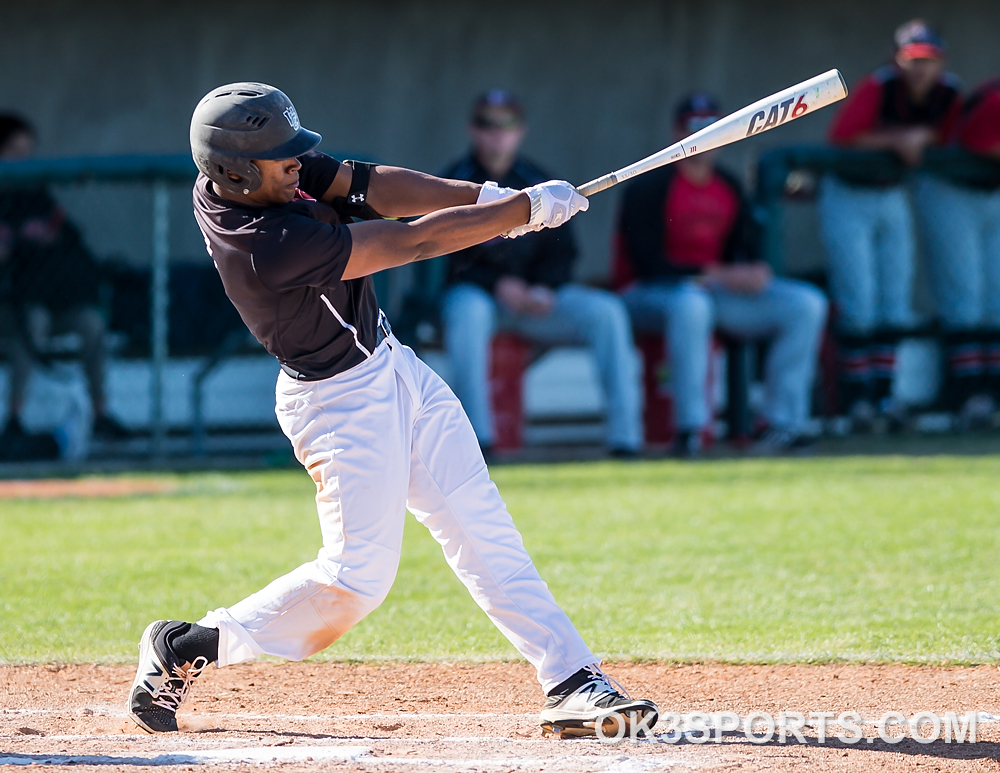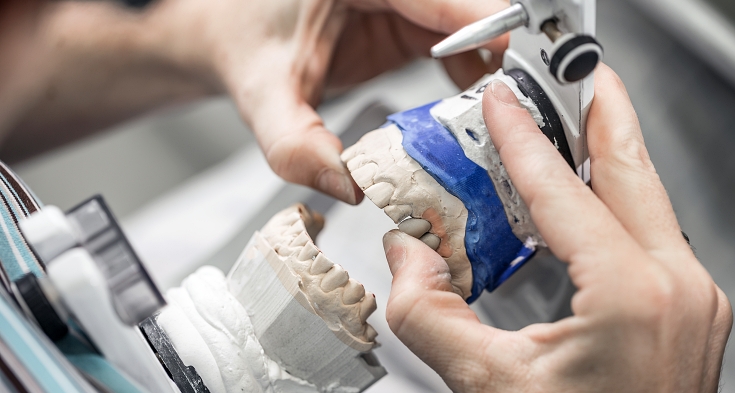
In today’s evolving landscape of collegiate athletics and branding, name, image, and likeness (NIL) contracts have opened a new world of opportunity—and complexity—for student-athletes, universities, and brands. As athletes and entities navigate these agreements, one burning question is: Can NIL contracts be cancelled? Understanding the legal grounds for termination and dispute resolution is vital for anyone involved in these deals. This comprehensive guide breaks down the circumstances under which NIL contracts can be canceled, explores common disputes, and offers clear steps for resolution.
Why This Matters
The NIL space continues to grow, with deals ranging from local endorsements to national campaigns. But with opportunity comes uncertainty. Contracts may run into issues such as misrepresentation, breach of terms, or regulatory conflicts. That’s where legal support from a specialized firm like Elevate Legal Services, PLLC becomes invaluable.
Let’s Talk About Your NIL Needs
At Elevate Legal Services, PLLC, we specialize in NIL compliance, contract negotiation, and dispute resolution. Whether you’re a student-athlete safeguarding your brand, a college ensuring NCAA compliance, or a business partner structuring endorsement deals, we’re here to help. Give us a call at 561‑770‑3335 or email us at [email protected] to schedule a consultation. Protect your rights and your future today.
What Are NIL Contracts?
Before diving into termination and dispute, let’s clarify what constitutes an NIL contract:
- Endorsement Agreements: Athletes promote products or services in exchange for compensation.
- Appearances and Social Media Deals: Athletes commit to certain events or content production.
- Licensing Arrangements: Use of athletes’ names, images, or signatures for commercial purposes.
These contracts are governed not just by state law, but by NCAA, conference, and institutional regulations, with special attention to Florida law, where Elevate Legal Services, PLLC is based.
Grounds for Termination of NIL Contracts
While NIL contracts often lock in compensation and deliverables, there are valid legal reasons for cancellation. These include:
1. Mutual Rescission (Agreement of the Parties)

Both parties can agree to cancel and modify terms at any time. A mutual termination clause in the contract can streamline this process.
2. Material Breach
When a party fails to perform a significant contractual obligation, the other party may have grounds for termination. Breaches may include:
- Failing to deliver required services (e.g., missing social media obligations, skipping appearances)
- Non-payment
- Misrepresentation or false warranties
3. Fraud or Misrepresentation
If an athlete or brand intentionally provides false information to induce the other party into the agreement, that deceit may void the contract. Examples:
- An athlete lies about NCAA eligibility or academic status
- A brand misstates product performance or campaign reach
Under Florida law, fraudulent inducement invalidates contract consent.
4. Duress or Undue Influence
Contracts signed under coercion or manipulation can be canceled. This situation might arise if one party pressures a minor or student-athlete into unfavorable terms.
5. Illegality or Regulatory Conflict
Contracts must comply with federal law, state statutes, and NCAA rules. Florida statutes, such as § 542.335 (Student-Athlete NIL Compensation), require adherence to disclosure and compliance regulations. If a contract violates these rules or includes illegal terms (e.g., prospective college selection or compensation tied to play performance), it can be declared void.
6. Best Interest of the Organization (when applicable)
Some institutions or teams include clauses allowing them to terminate NIL deals if they’re deemed harmful to the organization’s brand. However, courts typically scrutinize these unilateral termination rights, assessing fairness and notice requirements.
Common NIL Disputes
After establishing grounds for cancellation, it’s important to recognize the types of disputes that can emerge:
A. Breach of Contract Disputes
- Missed Deliverables: An athlete may fail to post content or attend an event due to scheduling conflicts or injury. Disagreements arise over whether a breach occurred and the contractual remedies.
- Incomplete Payment: Brands may delay or default on payment for deliverables, or withhold full payments citing ‘unmet expectations.’
B. Representation and Warranty Challenges
Athletes may claim they disclose all relevant NCAA or academic information, or brands may be aware that a campaign will run. Disputes center on whether those representations were accurate.
C. Non-Compete and Exclusivity Conflicts
If an athlete commits to endorsing competing products or attending conflicting events, brands may allege a breach of non-compete or exclusivity clauses. Florida courts generally enforce non-compete agreements if they’re reasonable in scope.
D. Intellectual Property and Usage Disputes
Contracts granting rights to use an athlete’s likeness may lead to ambiguity over scope—how, where, and for how long a sponsor can use the athlete’s image. Breaches here can lead to demands for additional licensing fees or termination.
E. NCAA or Institutional Violations
If a contract fails to comply with NCAA rules or institutional policies, schools or athletes may face penalties. Contracts entered into in violation of the rules are at risk of nullification.
F. Interpretation and Ambiguity
Poorly drafted contracts with unclear terms (especially around deliverables, timelines, or termination rights) can lead to litigation over intent and meaning.
Penalties and Remedies for Breach or Termination
Depending on the nature of the termination or dispute, various legal outcomes may follow:
- Damages
The injured party may recover actual damages, possibly including:
- The cost of substitution (e.g., arranging a replacement endorsement)
- Lost profits and opportunity costs (particularly for sponsors who planned campaigns around a specific athlete)
- Liquidated Damages
Contracts may include predetermined penalties for breach, enforceable if they’re deemed reasonable under Florida law.
- Specific Performance
Though less common in endorsement deals, courts could order a party to fulfill their obligations (e.g., make scheduled posts) if monetary damages are insufficient.
- Injunctions
This remedy may prevent a party from taking actions like publicly defaming the other party or using an athlete’s likeness improperly.
- Recovery of Costs
Prevailing parties may claim attorney fees and court costs if specified in the contract.
- Declaration of Void or Voidability
Courts may declare a contract invalid from its inception due to fraud or legal issues, returning both parties to their pre-contract positions.
Step-by-Step Guide to Responding to NIL Contract Disputes
If you’re facing an NIL contract issue—for yourself or your brand—follow this structured plan:
1. Review Your Contract Thoroughly

- Identify termination clauses, deadlines, penalties, and notice requirements
- Note deliverables, payment terms, warranties, and legal references (e.g., NCAA, Florida statutes)
2. Evaluate the Situation Objectively
- Did any party materially breach your agreement?
- Are there false statements or undisclosed terms?
- Are external rules (NCAA, universities, state laws) implicated?
3. Document Everything
- Emails, social media posts, missed deadlines, and payment records
- Witness statements from agents, university admins, or staff
4. Initiate Formal Notice, If Required
- Send a demand letter outlining the breach or dispute
- Reference contract clauses, and request a cure within a stated timeframe (typically 10–30 days)
5. Pursue Informal Resolution First
- Negotiation can help avoid costly litigation
- Simplify disputes via mediation or arbitration if clauses exist in the contract
6. Consider Alternative Dispute Resolution
- Many NIL contracts include ADR clauses directing parties to arbitration or mediation before filing formal complaints
7. File Formal Legal Action, If Necessary
- Seek damages, injunctive relief, or specific performance in court
- Keep in mind that litigation is expensive, time-consuming, and public, not ideal, especially for minors or student-athletes
8. Protect Your Brand or Athlete's Reputation
- Use public statements cautiously—consult counsel before going on the record
- Avoid harsh tone; focus on contractual or factual aspects
Why Choose Elevate Legal Services, PLLC for NIL Disputes
Choosing the right legal team is crucial in high-stakes NIL matters. Here’s how Elevate Legal Services, PLLC stands apart:
Feature | Benefit |
Expertise in Florida Law | Led by attorneys familiar with statutes like § 542.335, we ensure contracts comply with local and NCAA requirements. |
Customized NIL Contracts | We draft and review deals that protect students and brands, covering termination triggers, exclusivity limits, and compliance concerns. |
Dispute Resolution Strategy | With experience in mediation, arbitration, and litigation, we guide clients toward cost-effective outcomes. |
Reputation Management | We help craft communications that preserve athlete and brand image through disputes. |
Full-Service Support | From contract negotiation to crisis management and marketing counsel, we support all stages of the athlete’s or business’s NIL journey. |
Final Thoughts
Yes, NIL contracts can and often should be cancellable or modifiable—but only when done legally and effectively. Solid contracts include clear termination clauses, reasonable notice periods, and safeguards for both parties. When disputes do arise, proper documentation, legal assessment, and a structured response strategy are essential.
At Elevate Legal Services, PLLC, we stand ready to help athletes, universities, and brands navigate the complexities of NIL law and protect their interests. For personalized assistance, call 561‑770‑3335 or email [email protected] today. Don’t leave your future—or your brand—to chance; get the expert support you deserve.





